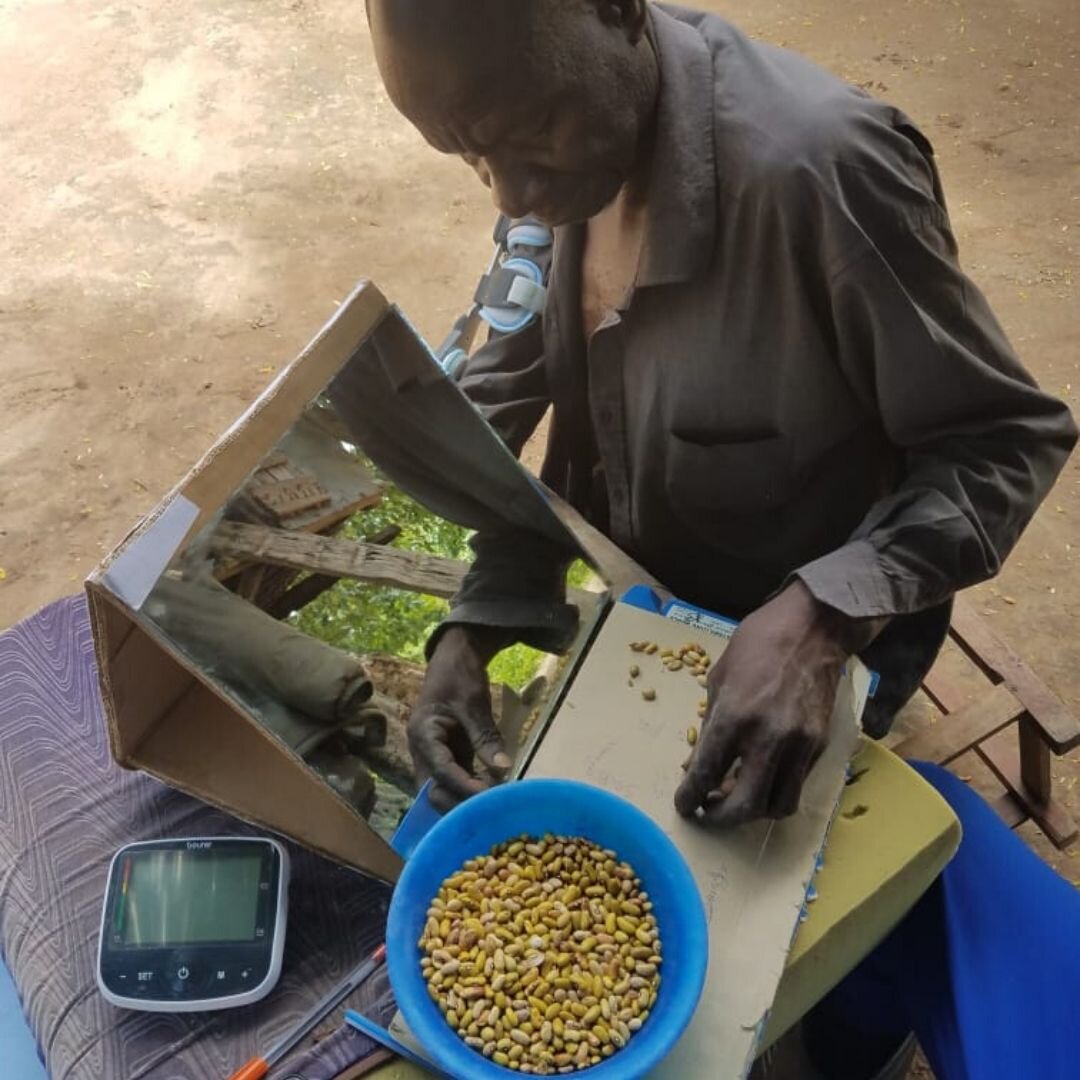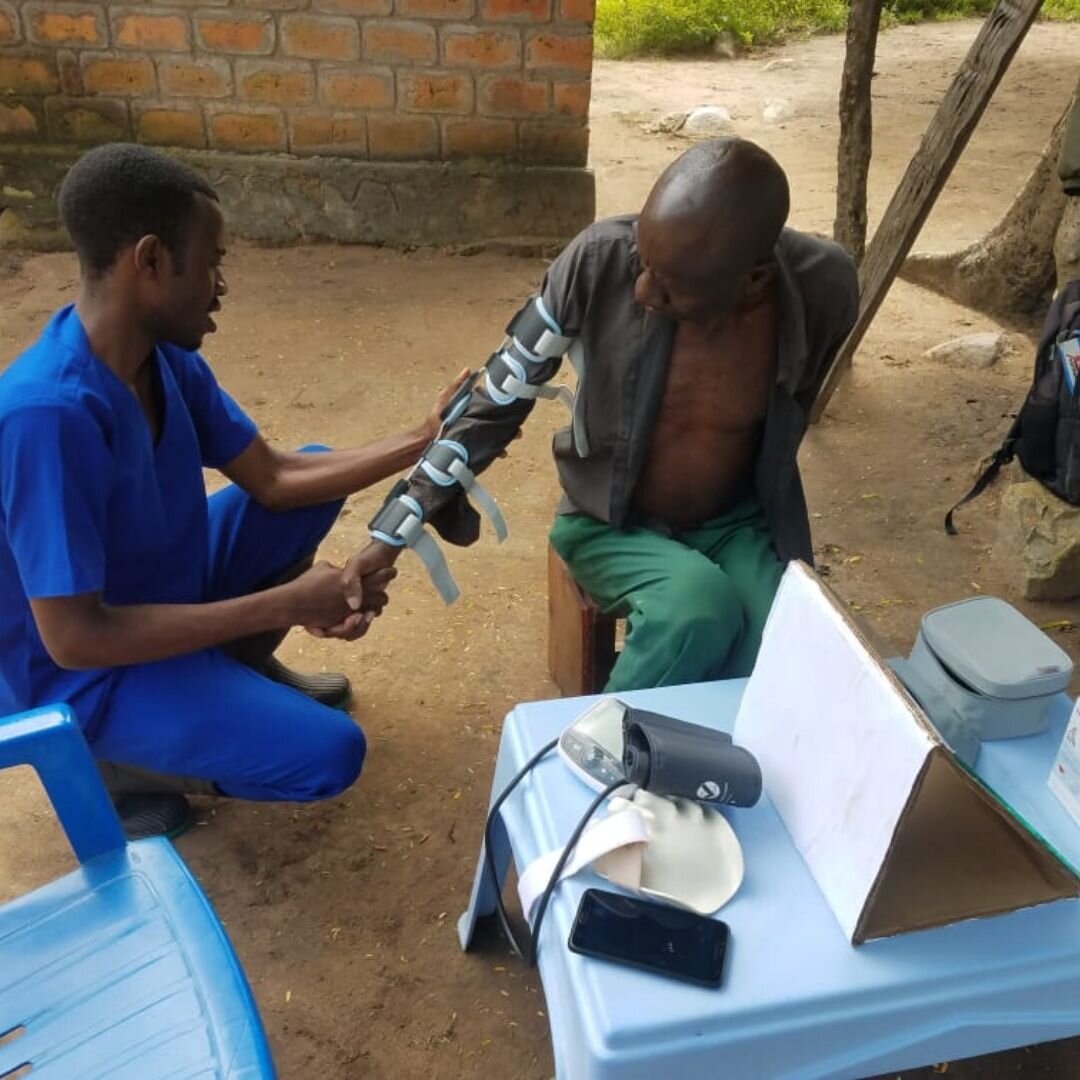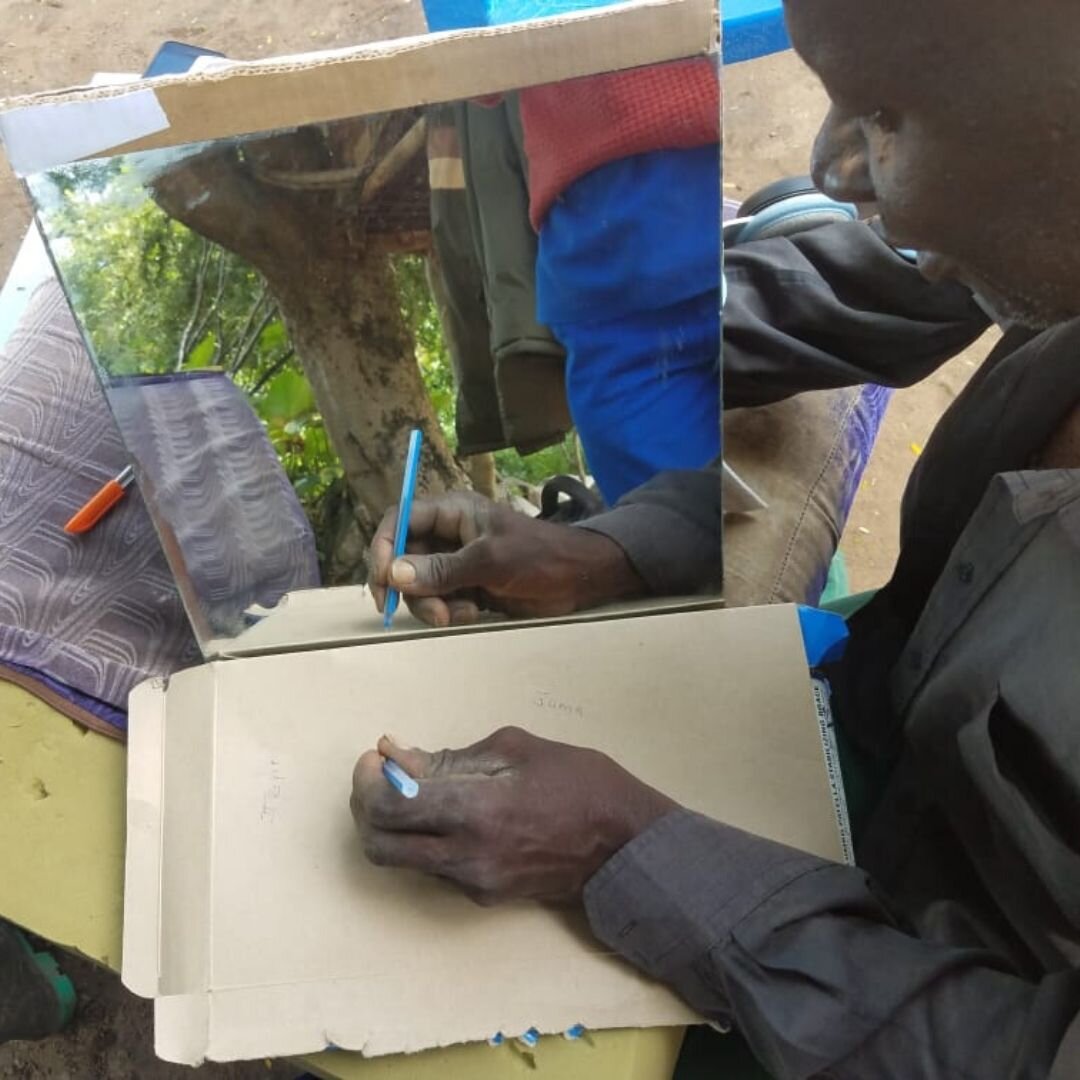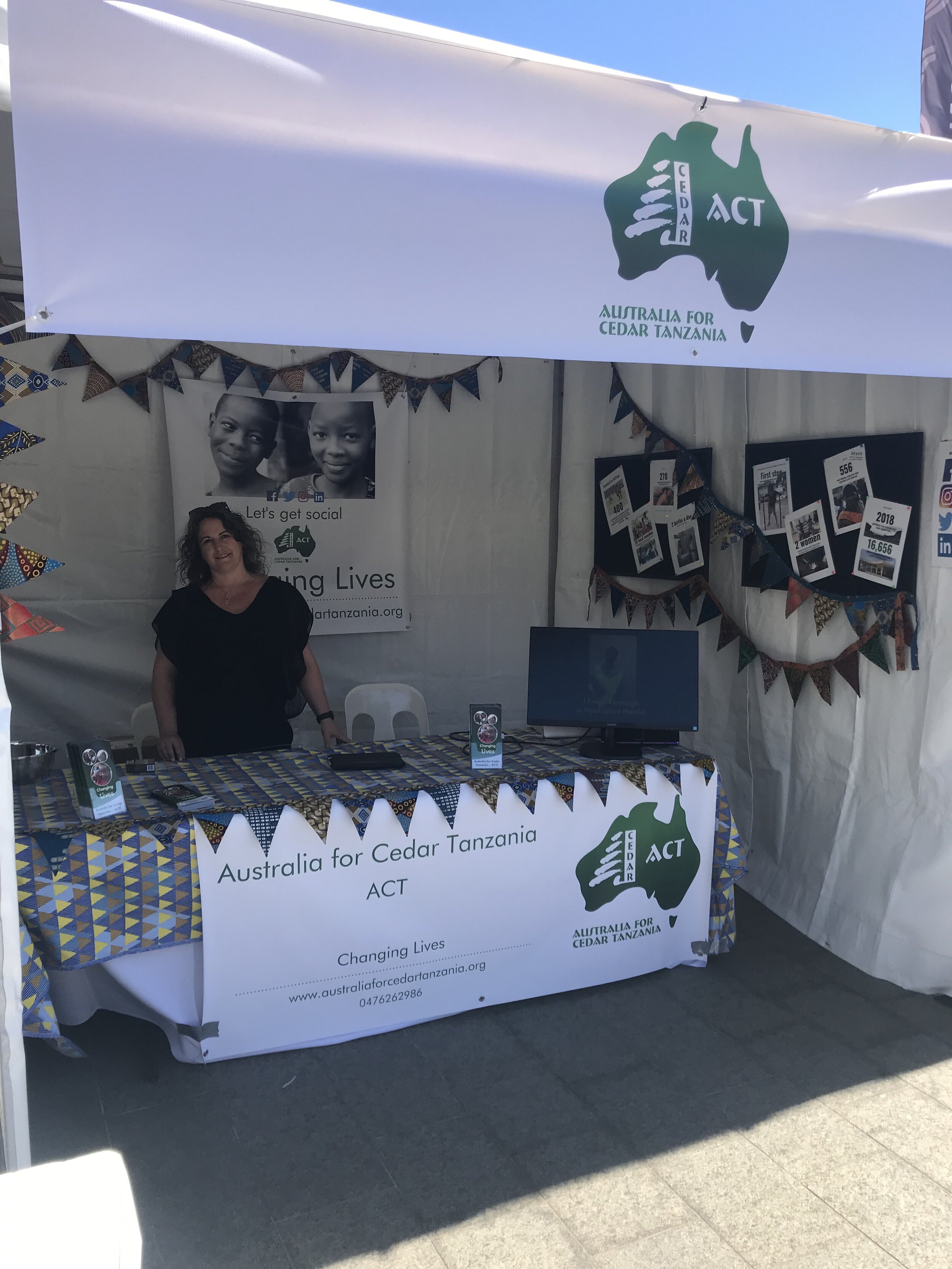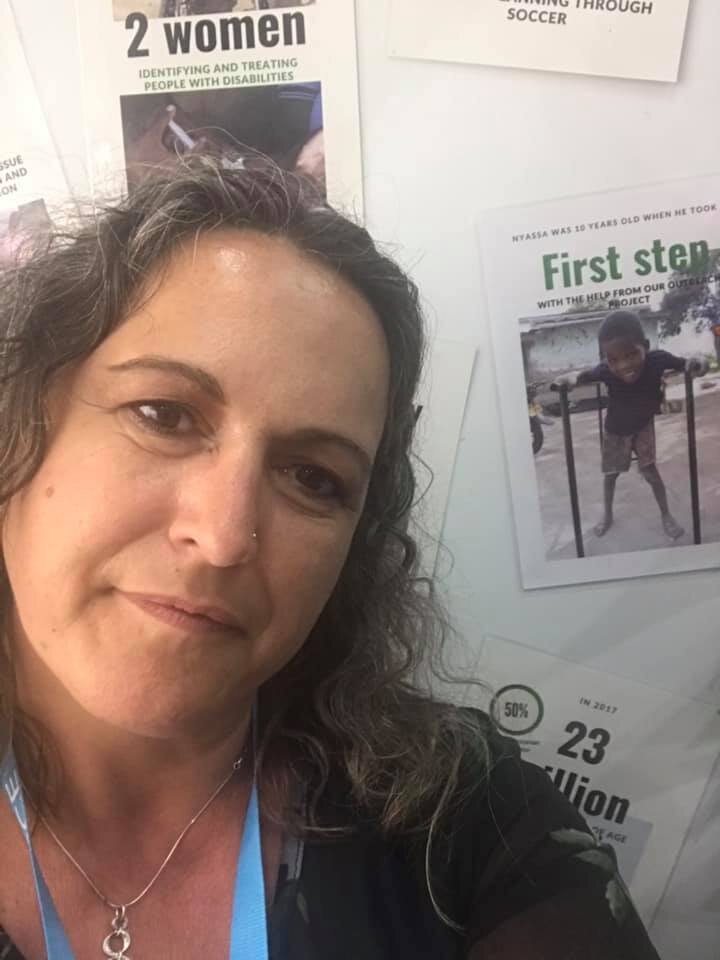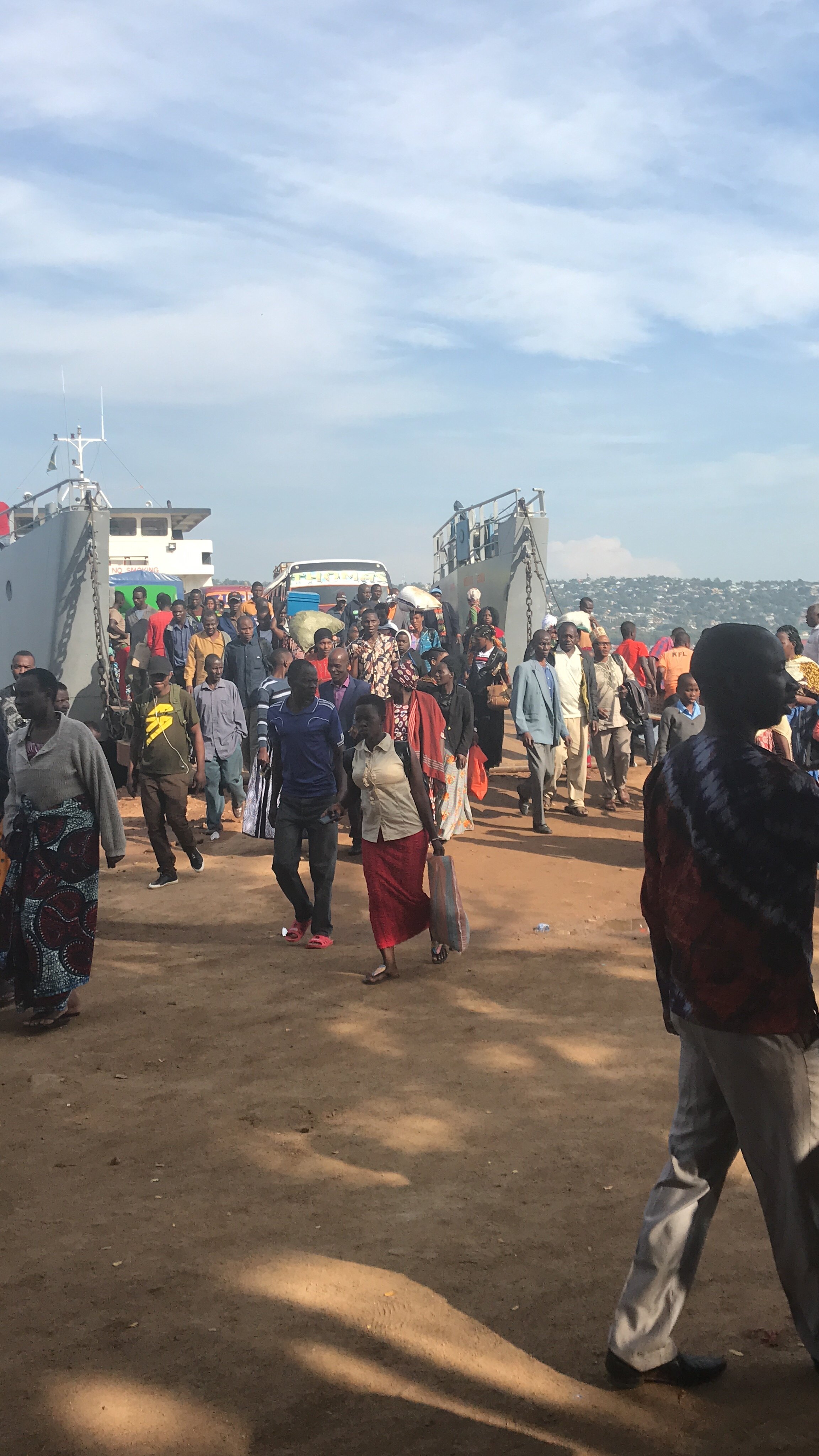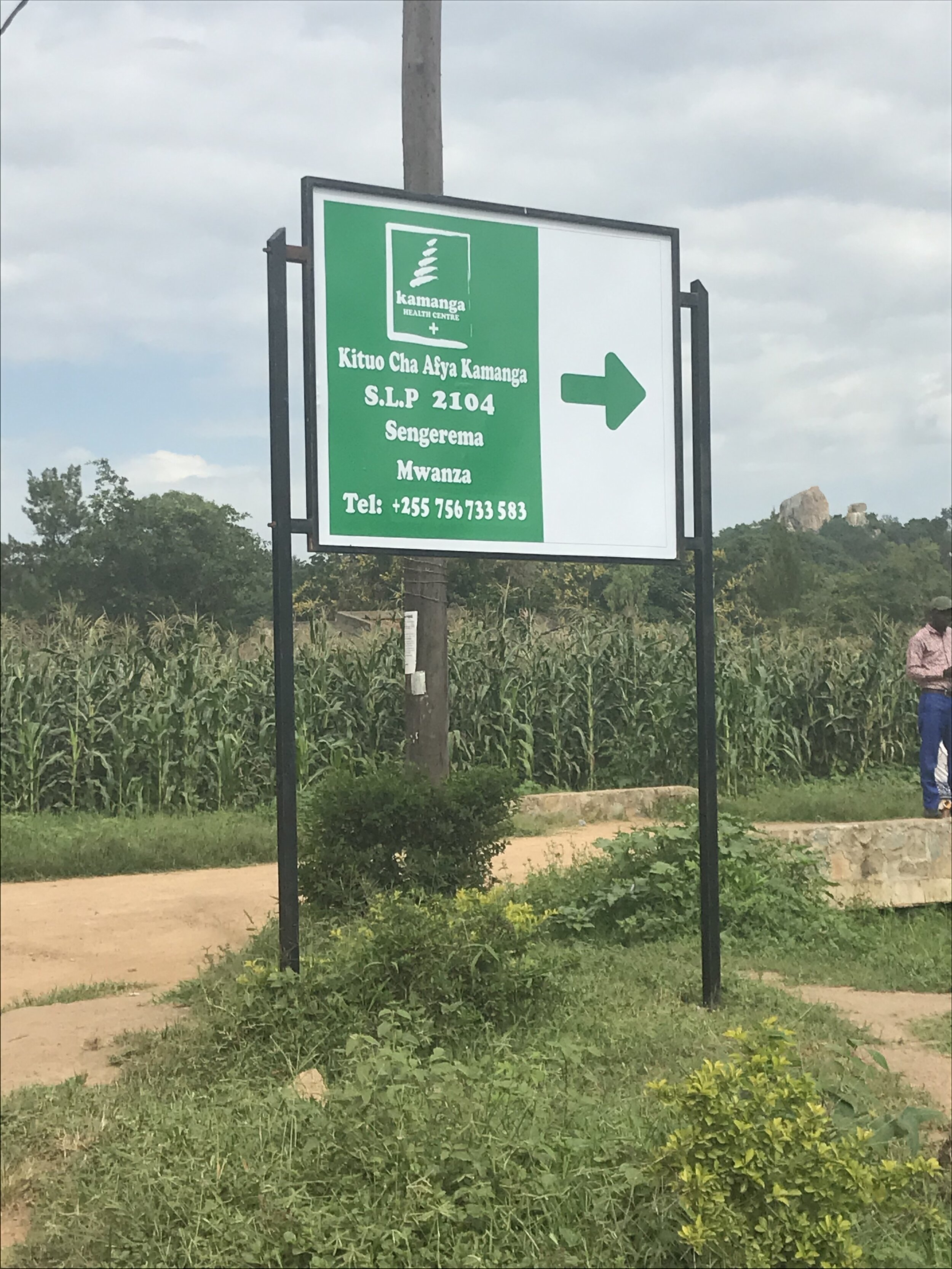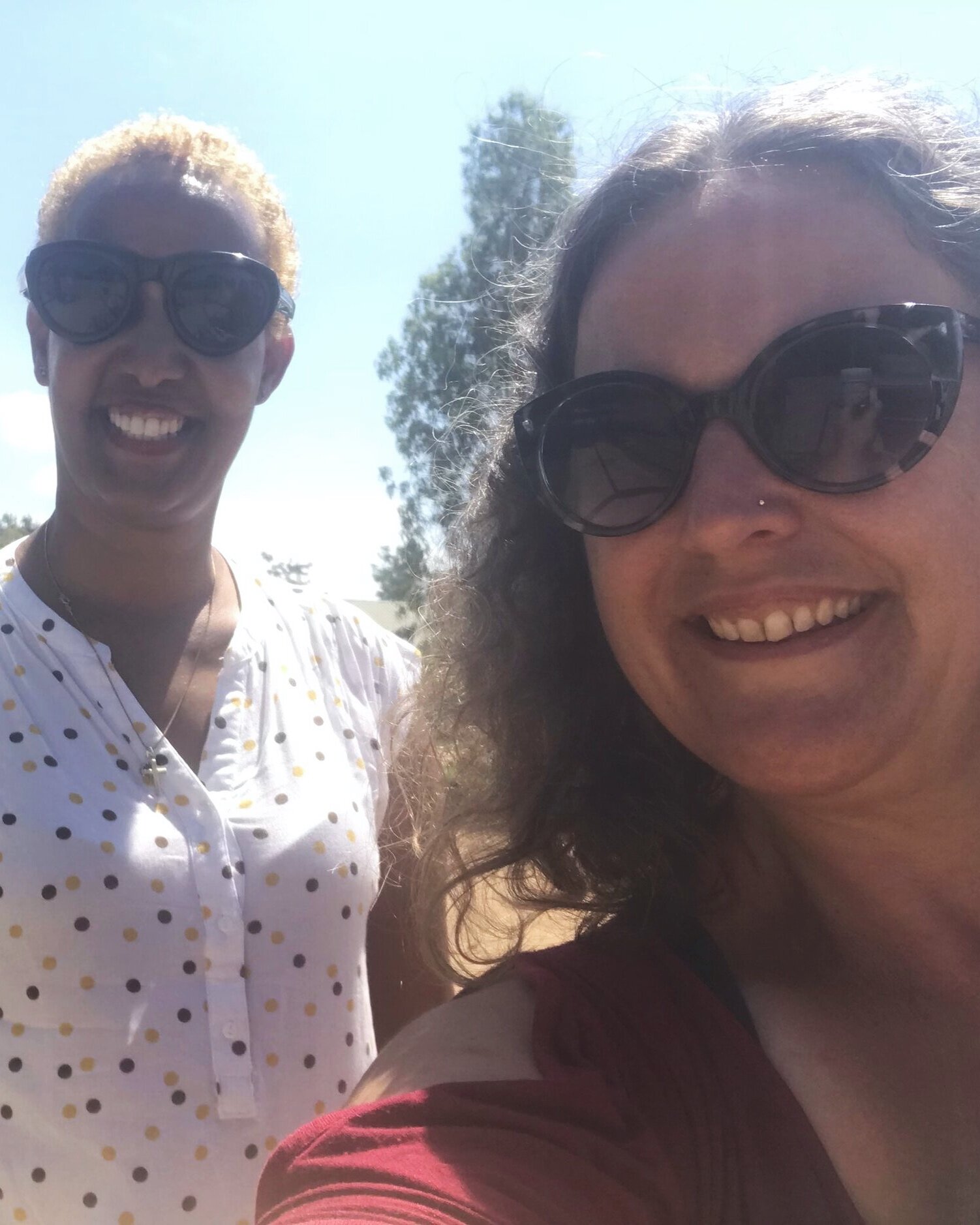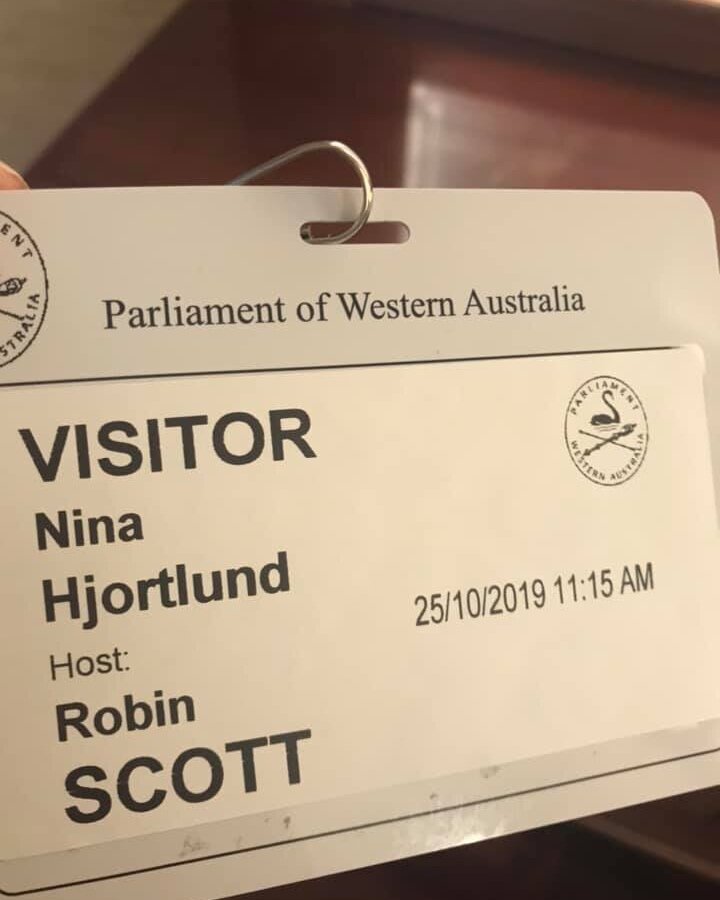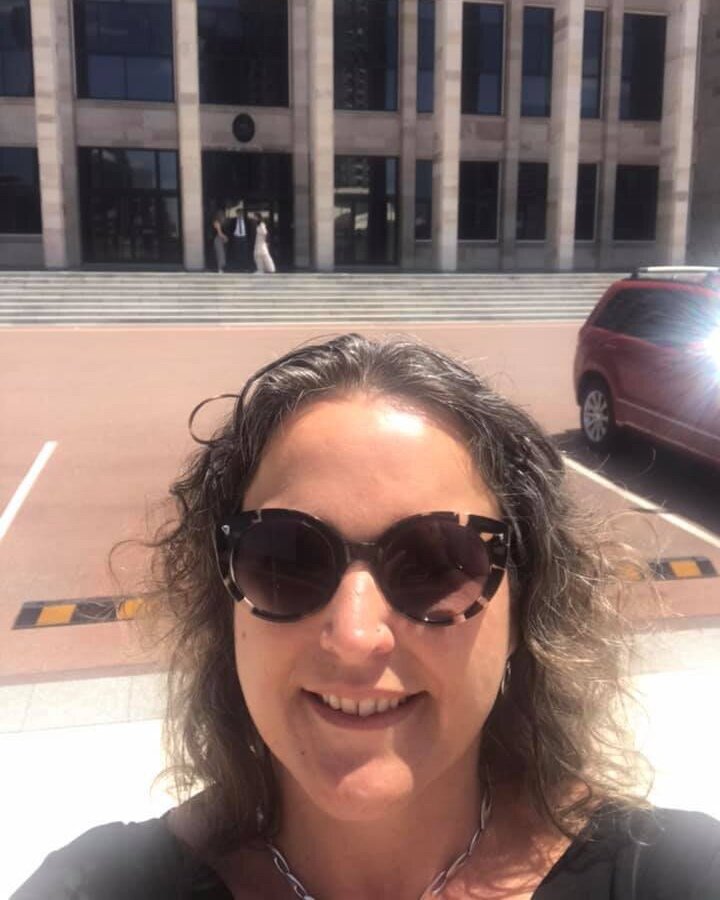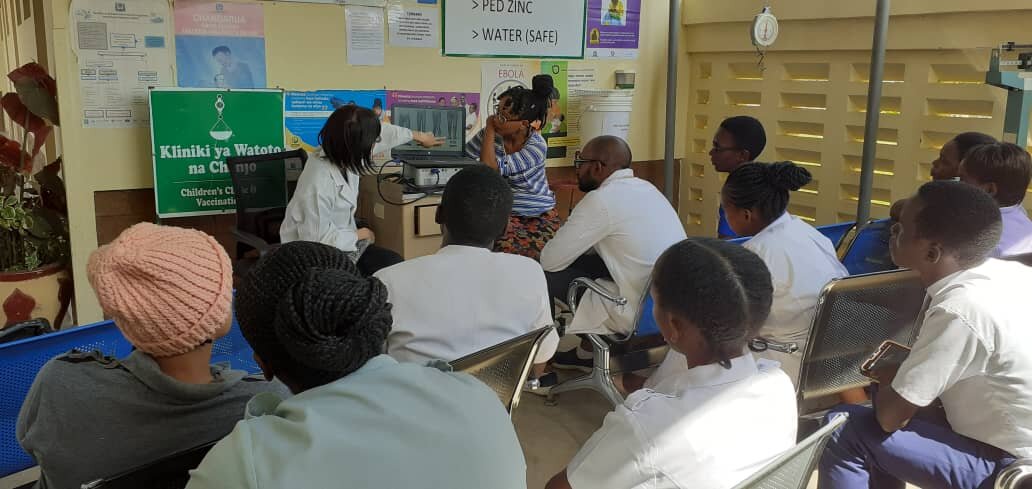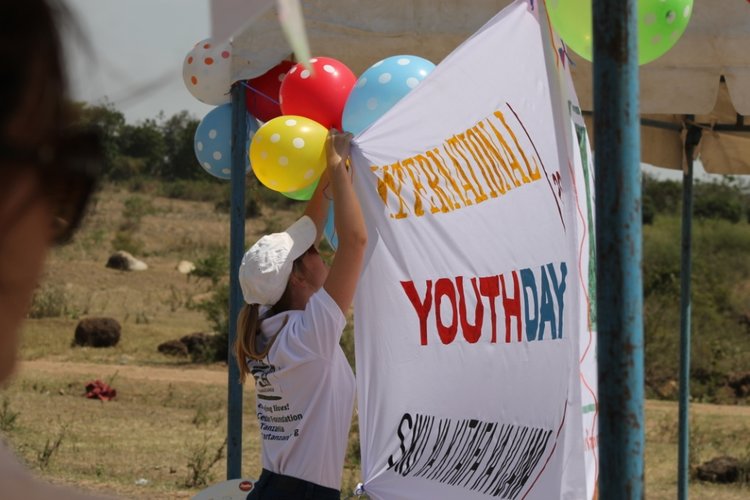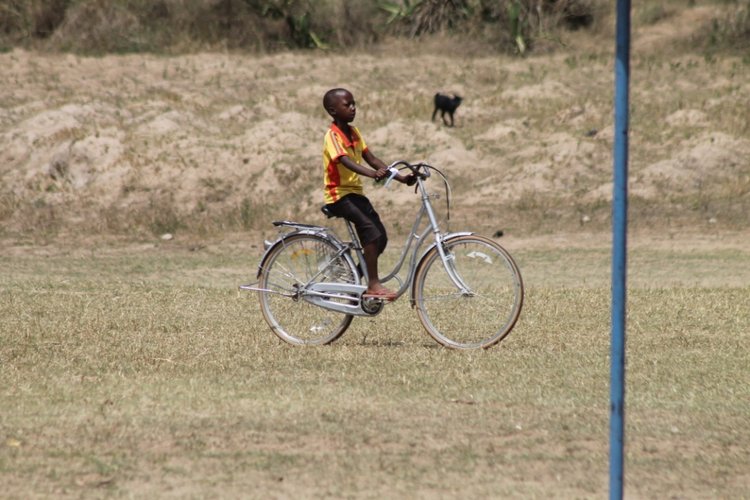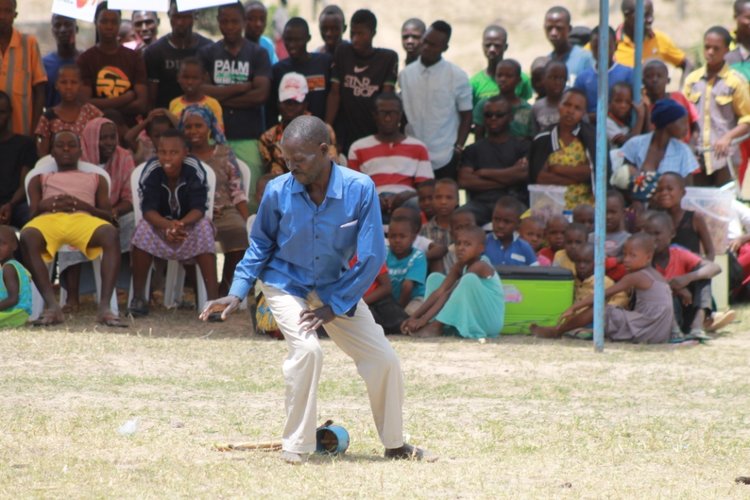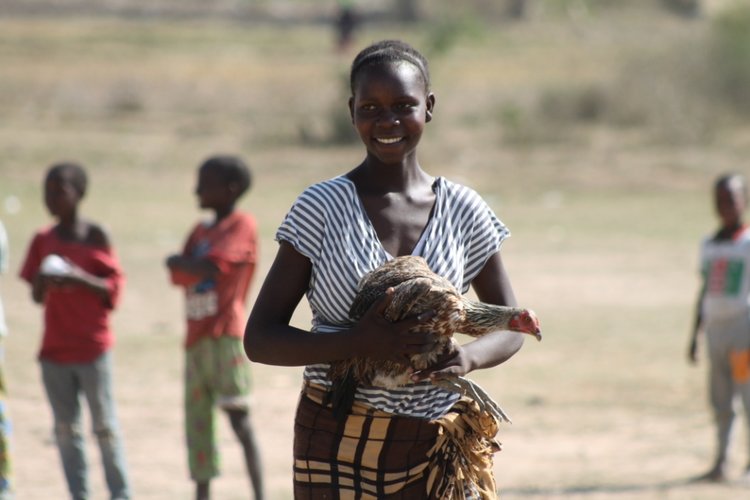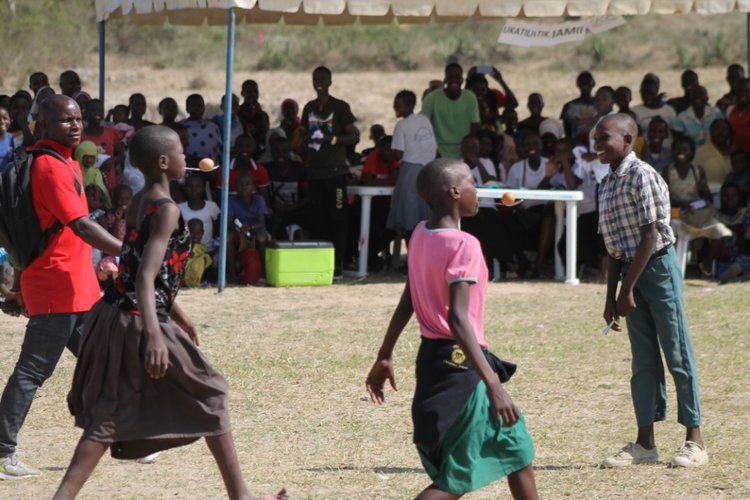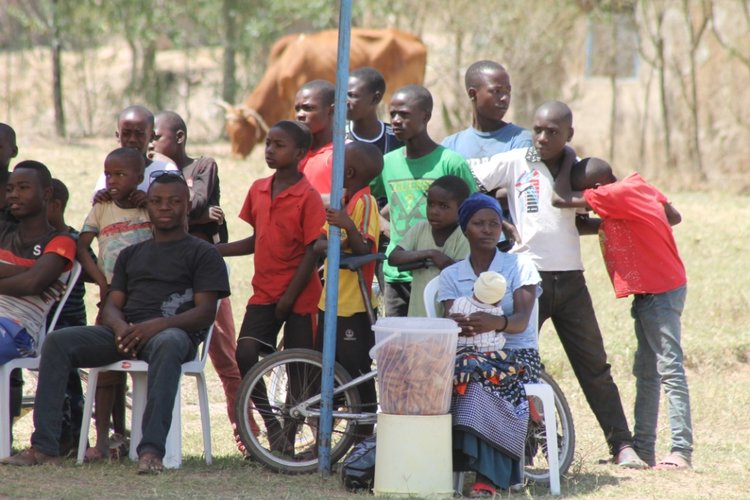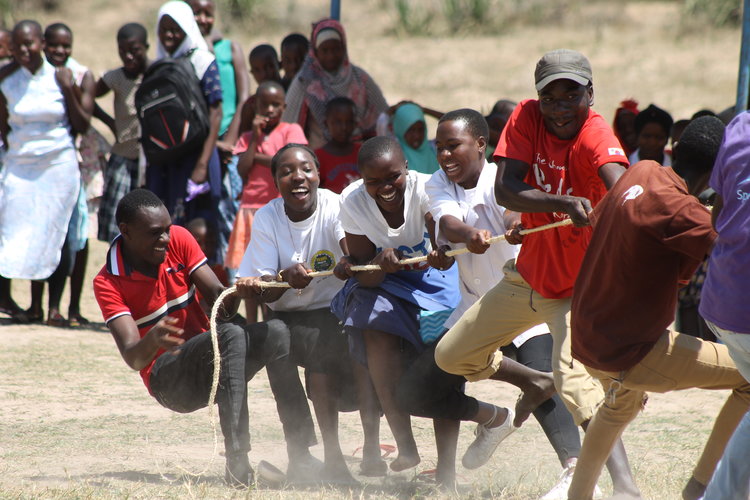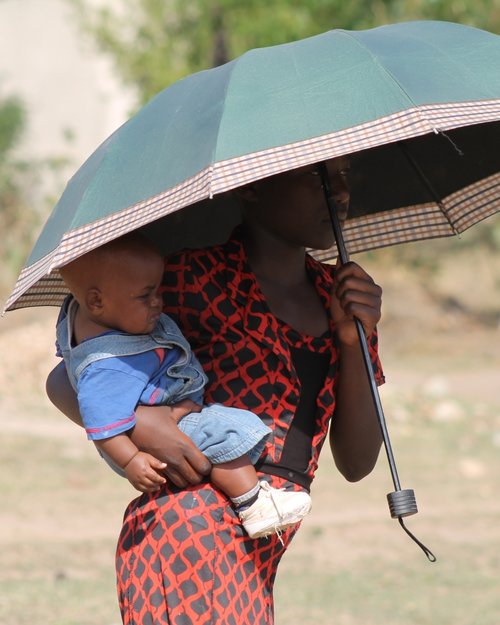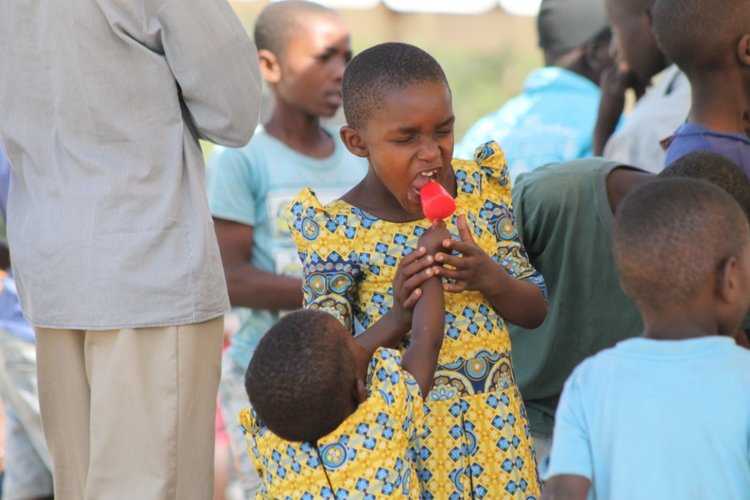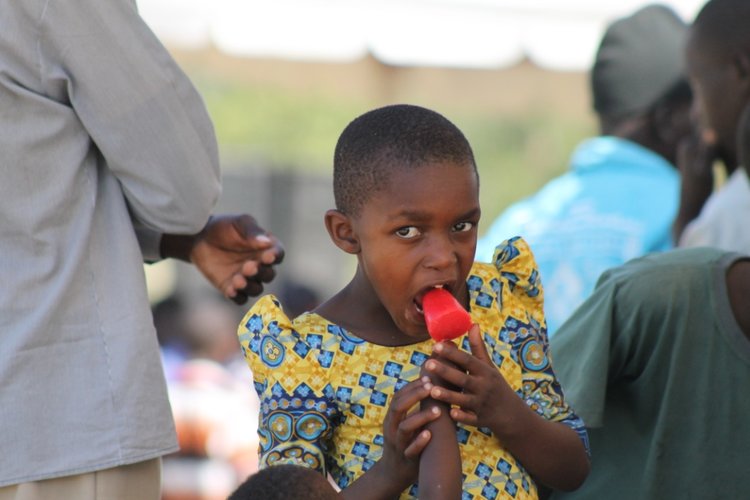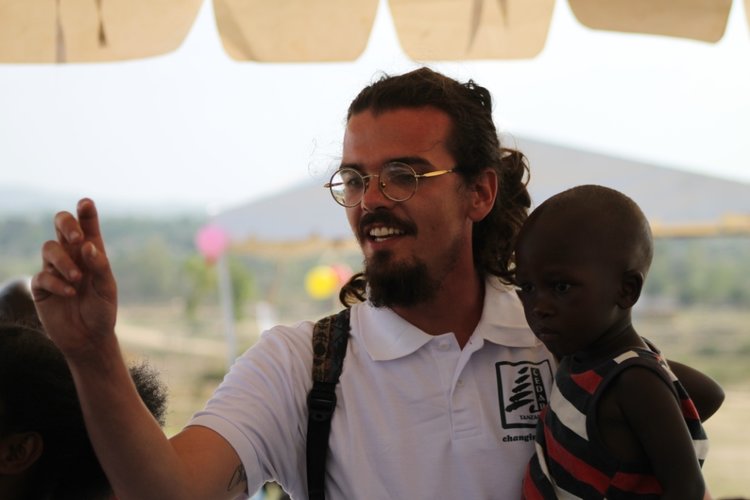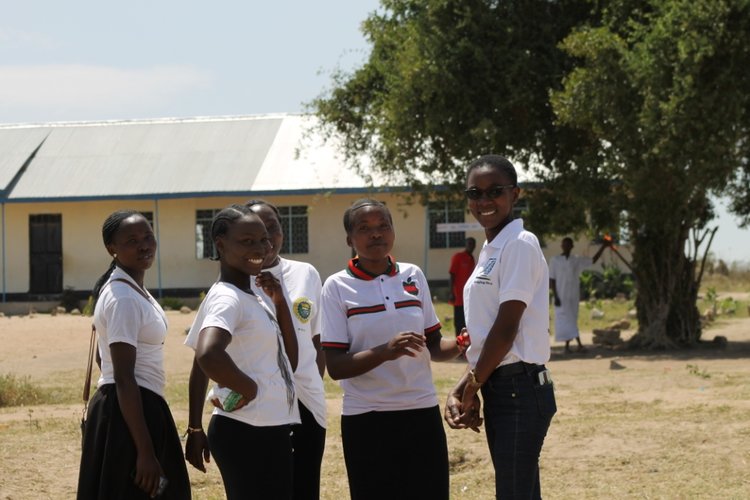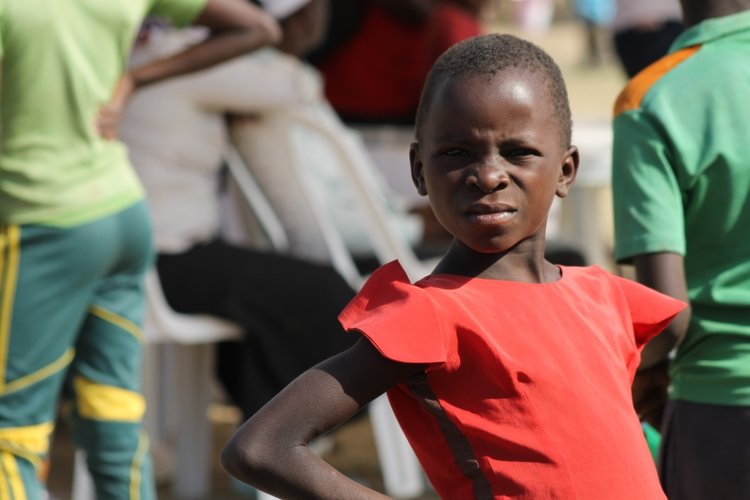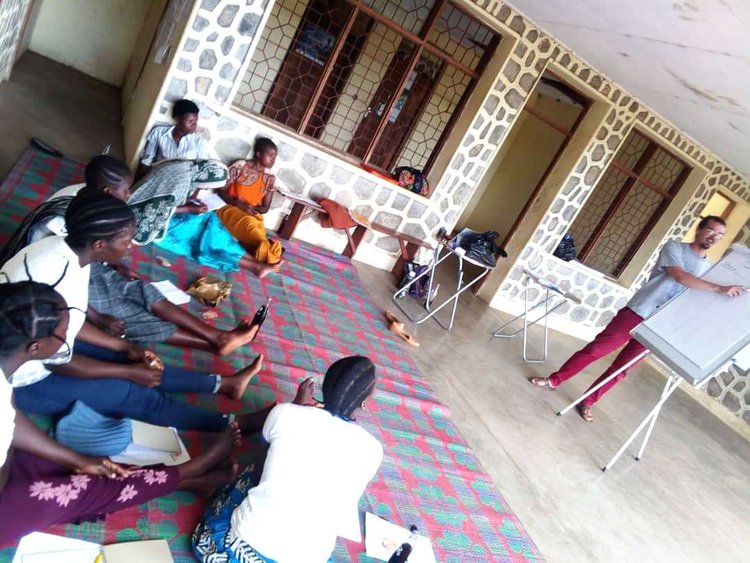Access to rehabilitation services has not been a priority in Eastern Africa, but things are slowly changing. I have been working with The Cedar Foundation Tanzania in the Community Based Rehabilitation (CBR) project for several months now. Most families cannot afford to buy therapy equipment. So as an occupational therapy practitioner in the villages of Nyamatongo ward, my main challenge is to bring affordable therapy to the village level. One way I do this is by adapting local materials, such as rocks, sand, mirrors and boxes, to make equipment that can be used for therapy. And my vision for the Community Based Rehabilitation project is to promote the use of adapted therapeutic equipment for the benefit of my patients in order to give them the highest chance possible to retain their existing skills and to develop new skills too. In this way the patients will increase their daily activities and therefore enhance their levels of independence in the community.
As part of the outreach program I encountered Issa* - a 59 year old male patient, who had sustained a right hemiplegic stroke in 2016 (paralysis of the muscles of the lower face, arm, and leg on one side of the body), due to hypertension. On our first meeting, I conducted an initial assessment and found that Issa had contracture in his right arm due to being in a flexion pattern for such a long time. The right hand had grade 1 muscle strength and the motor skills were all intact (both fine and gross motor skills). His cognitive and sensory abilities were all fine with the exception of his vestibular system (the sensory system that provides the leading contribution to the sense of balance and spatial orientation for the purpose of coordinating movement with balance.), which was weak and thus affected his balance. My two month objectives with the patient were the following;
To achieve full passive range of motion to the affected arm
To increase muscle strength and to activate motor skills to the affected arm
At the end of one month’s therapy, the patient was able to achieve full range of motion passively, without experiencing pain. It was at this stage that we introduced the Mirror Therapy box, for motor activation. I had designed and constructed the mirror box by using local materials. I found that the patient really enjoyed this therapy, and soon began to improve in his fine motor skills in the affected arm.
MIRROR THERAPY EXPLAINED
The mirror therapy theory is the use of a mirror to create a reflective illusion of an affected limb in order to trick the brain into thinking movement has occurred to the affected limb. It involves placing the affected limb behind a mirror, which is sited so the reflection of the opposing limb appears in place of the hidden limb’ says G. Moseley.
A mirror box is a device that gives opportunities to the therapist to easily create this illusion. It is a box with one mirror in the centre where on each side of it, the hands are placed in a manner that the affected limb is kept covered always and the unaffected limb is kept on the other side whose reflection can be seen on the mirror. The activities that are mirrored are those performed by my patients in their daily lives, for example writing, grooming, eating and even catching a ball.
This theory is based on the neuro-plasticity mechanism/principle. It activates the brain’s mirror neurons, to create a mind illusion that then activates the motor ability of the patient’s missing limb and aids in pain management.
The patients that benefit most from this technique are those who have had amputations. This technique has been found to reduce phantom pain sensations in amputees. Stroke patients also benefit greatly from the mirror technique to reactivate motor skills.
Take Action and be part of the drive to bring occupational therapy to Nyamatongo Ward.
* For privacy, the name Issa has been used but it is not the patients real name.
by Daniel Samwel, Occupational Therapist, Cedar Tanzania.


